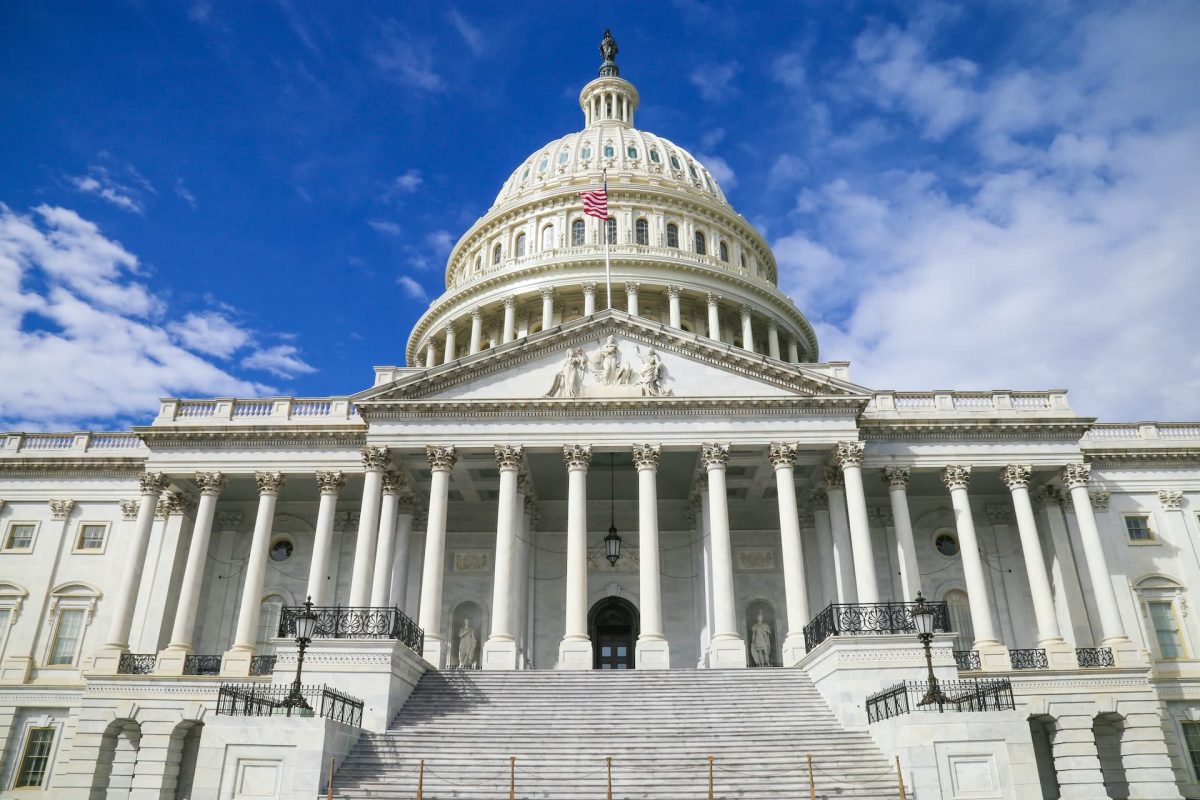Crypto regulations impossible “without an act of Congress”: Blockchain Association

- The CLO of the Blockchain Association asked the U.S. Congress to oversee crypto regulations.
- A lack of regulations is causing regulators to overstep their authority.
Pro-crypto trade group Blockchain Association has addressed the recent crackdown on crypto firms by multiple United States regulators. Jake Chervinsky, the Chief Legal Officer of the Blockchain Association, took to Twitter on 14 February to share his thoughts on the mounting enforcement actions against the digital asset industry.
1/ After a streak of hostile moves by US regulators, with rumors of more to come, fears of a crypto crackdown have never been higher.
It may be tough, but we can chart a path through it.
Let’s discuss the state of crypto policy: what’s happening, why, and what we do next ?
— Jake Chervinsky (@jchervinsky) February 14, 2023
Federal regulators overstepping their authority?
Notably, the recent streak of hostile moves by regulators in the country has sent fears of a crypto crackdown to an all-time high. He acknowledged that the series of bankruptcies and collapses in 2022 made it the worst year from a policy perspective.
The fallout from these collapses have prompted concerned regulatory agencies including the Securities and Exchange Commission (SEC) and the Commodities and Futures Trading Commission (CFTC), to step up their attempts to regulate the industry and enforce their policies to the best of their ability.
However, these regulators are bound by the “legal reality” of not having the authority to comprehensively regulate crypto. The Blockchain Association’s executive added:
“Neither can obtain it through any amount of enforcement, and neither will ever have it without an act of Congress.”
Divided Congress is encouraging crypto enforcement
Chervinsky revealed that government bodies have stated that crypto regulation by the U.S. Congress, not the agencies. However, the current structure of the Congress, which is divided literally and ideologically by the House Republicans and Senate Democrats, makes a deal on crypto legislation seem unlikely.
This has given the regulators the opportunity to stretch their authority and overreach their jurisdiction to extend their oversight of the crypto industry. Additionally, the race for greater oversight likely triggered the sudden pile up of enforcement actions by these agencies.
To that end, the Blockchain Association’s CPO laid out several steps through which they could enforce actions. This included participating in the public process, bringing in legal action against agencies that overstep their authority, educating members of Congress, and engaging in litigation where necessary.






